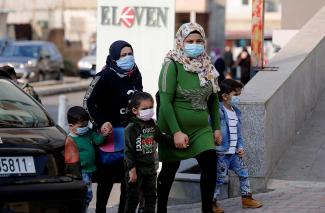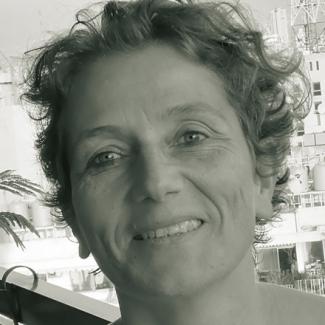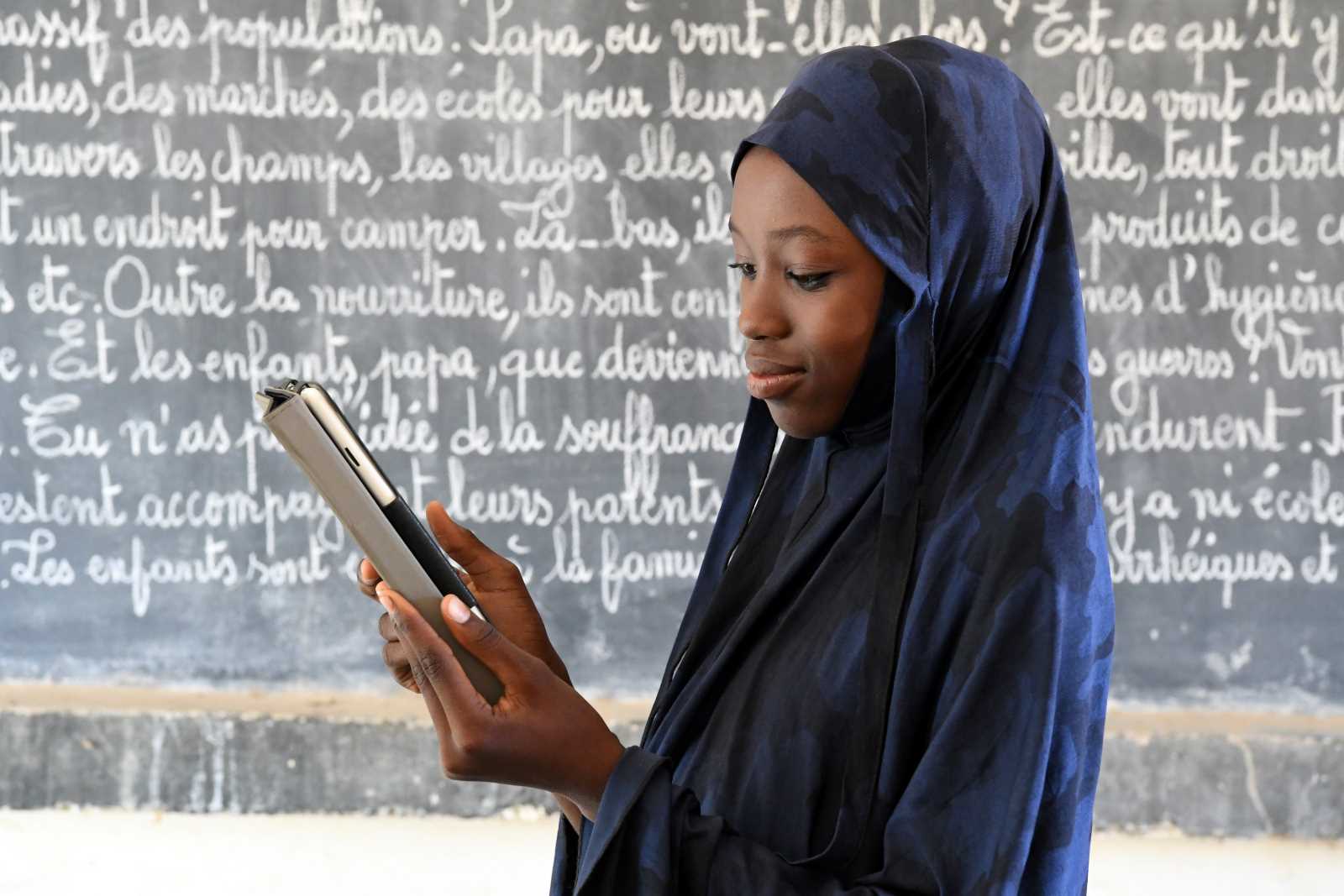Emancipation
Women are slowly asserting themselves in MENA region

Apart from Somalia and Sudan, all Arab countries have signed up to the UN Convention on the Elimination of all Forms of Discrimination Against Women (CEDAW). However, they neither ratified all of its clauses, nor adopted in national law (UNESCWA 2018). Indeed, legislation often still serves male dominance.
In most Arab countries, men are considered to be the heads of families. Inheritance laws put male relatives at an advantage. Family law is often derived from faith doctrines that make it harder for women to get a divorce or legal guardianship of their children. In most Arab countries, a woman’s nationality has no bearing on her children’s or husband‘s citizenship. Women do not have equal access to financial resources. Legal obstacles prevent them from fully participating in public life. They are massively underrepresented in politics.
Discriminating laws result from the male dominance that marks society and is rooted in conventional family norms. A mutually reinforcing dynamic of formal legislation and conservative traditions limits women’s choices and constrains their lives. Some rules are obvious, others are barely visible.
Traditions are not codified in writing, but passed on by example. Family members are expected to comply with them and perpetuate them. It is, for example, an unwritten law that women should marry at a young age and that their greatest contribution to society is to serve as mothers and homemakers. The family is always expected to be the top priority, even when a woman does professional work.
To the outside world, the father represents the family. He is responsible for its prosperity as well as its reputation. Accordingly, he has the authority to control female family members. One consequence of this traditional understanding is that the perpetrators of honour killings are often not punished or only get rather mild sentences.
More encouraging traditions
The overall setting is sobering, so more promising family traditions tend not to be noticed. Indeed, they strengthen girls and women and might contribute to more gender equality. In spite of conventional male dominance and legal discrimination, they boost female self-confidence and encourage independent decision-making.
Consider Sarah Rachid, for instance. In her mid-40s, this Lebanese woman remembers how her thinking was shaped by her family’s culture: “My father always told my siblings and myself to use our brains and never to be misled by people, just because they are highly regarded in society, for example because of religious leadership.” Education and independence are values that guide her. She says that even her grandmother enjoyed some financial independence, being in control of your own money.
Female solidarity is strong in her family, Sarah reports. For example, mothers and grandmothers traditionally support young women when they are pregnant, give birth or take care of babies and toddlers. On the other hand, she admits, that female family members are generally expected to prioritise family affairs without exception. When she grew up, professional activity and independence were encouraged, but not at the expense of the family.
Men are not expected to do household work. Those who do take up some chores such as cooking or babysitting are unlikely to say so in public.
Over time, family traditions change, though it is often barely noticeable. Better education, urbanisation, new role models and women’s rights activism have made a difference. Rana Haddad is the example of a woman who is living her life independently, in spite of having grown up in a conservative Muslim family. Education helped her to find a way for dealing with faith-based norms pragmatically.
She is 40 years old and from Beirut. She no longer wears a headscarf as she did when she was younger. Rana studied psychology and sociology and works for local and international non-governmental organisations in Lebanon. She is single and earns her own money. She says that, 40 years ago, her mother was forbidden to talk with men she didn’t know and that her elder sister had to obey strict rules as well. Rana says she appreciates her family’s traditions, but has created niche for herself. Education was the key, allowing her to expand her freedoms. Her family accepts her self-determined lifestyle.
Oppressive traditions persist of course. To some extent, modern communication technology provides opportunities to address them and demand change. For instance, Rayan Sukkar, a young Palestinian journalist has produced video clips in Beirut’s Shatila refugee camp. She posted them on Campji.com, so several thousand people inside and outside the camps have been able to watch them. The topic is gender-based violence in families.
The journalist wears a headscarf, but she eloquently peaks without fear or shame. In her surroundings, many girls and women consider her a role model.
Reference
UNESCWA (UN Economic and Social Commission for Western Asia), 2018: Gender, justice & equality before the law – Analysis of the progress and challenges in the Arab States:
https://archive.unescwa.org/publications/gender-justice-law-assessment-arab-states
Mona Naggar is a freelance journalist based in Beirut.
mona.naggar@googlemail.com













